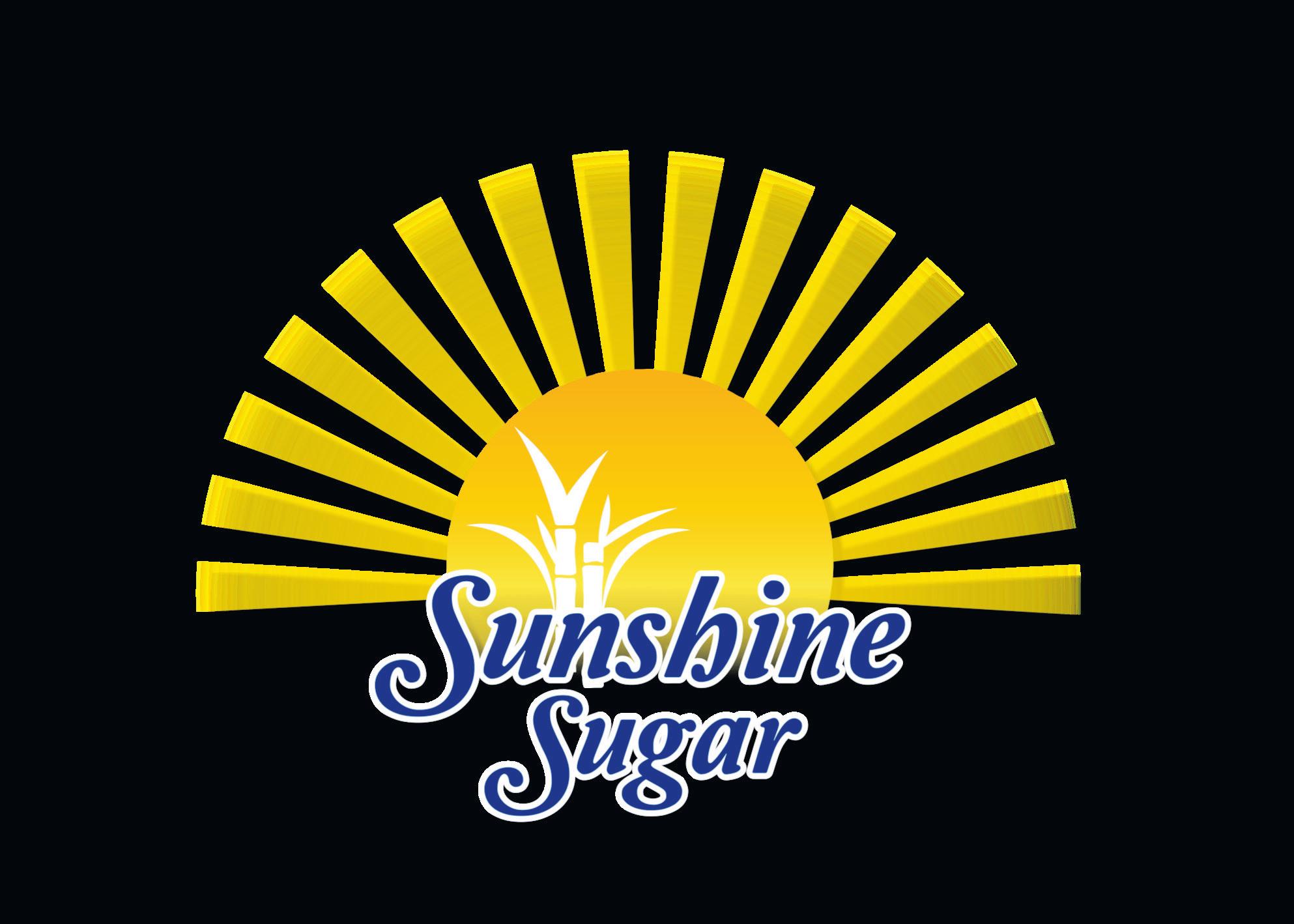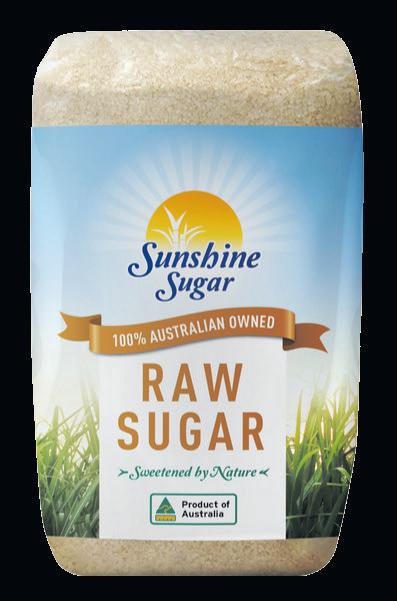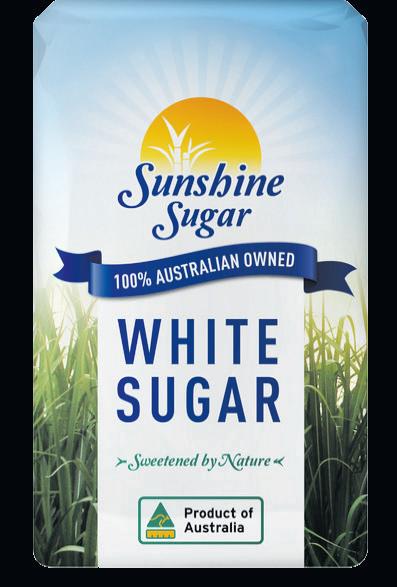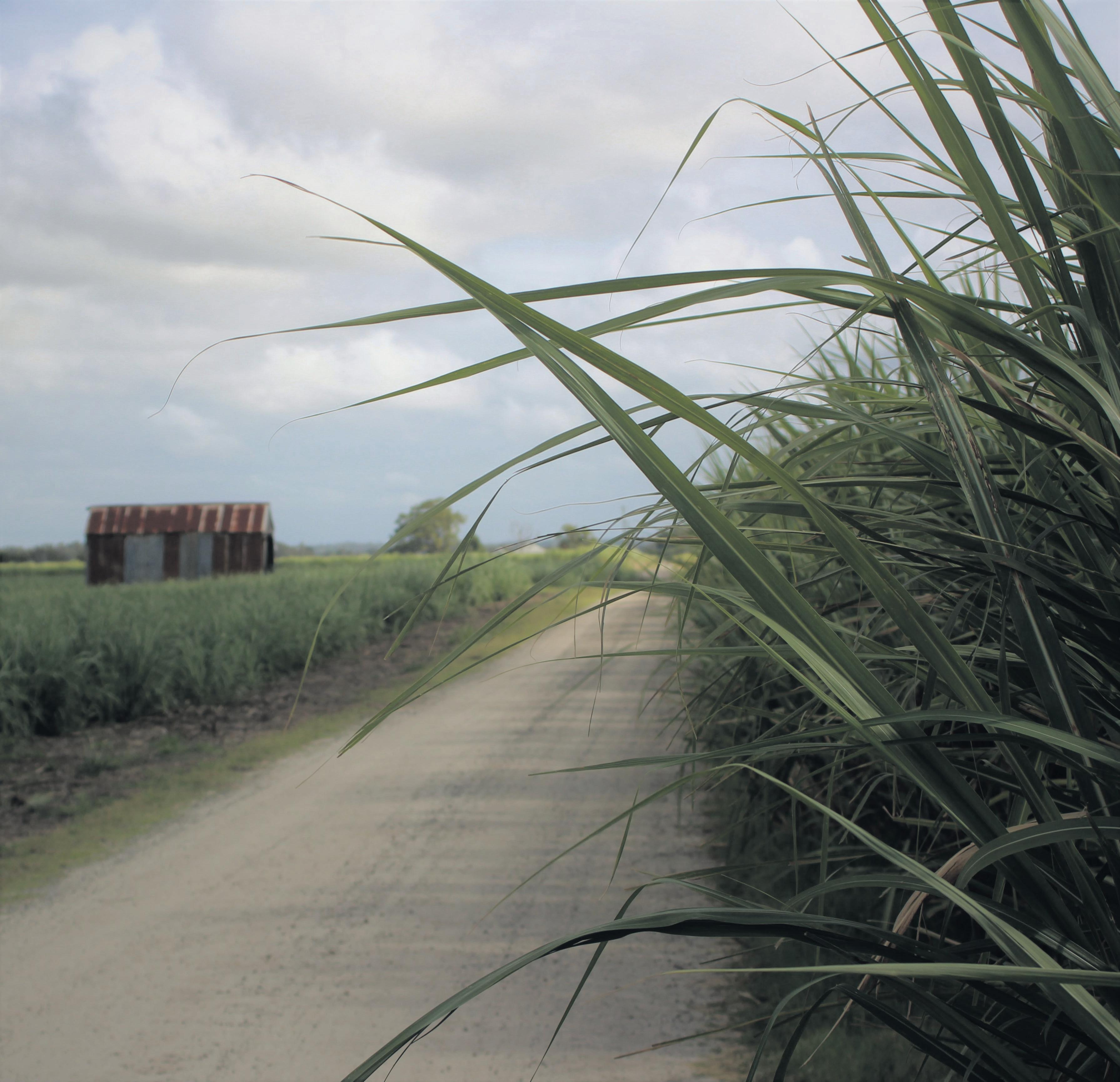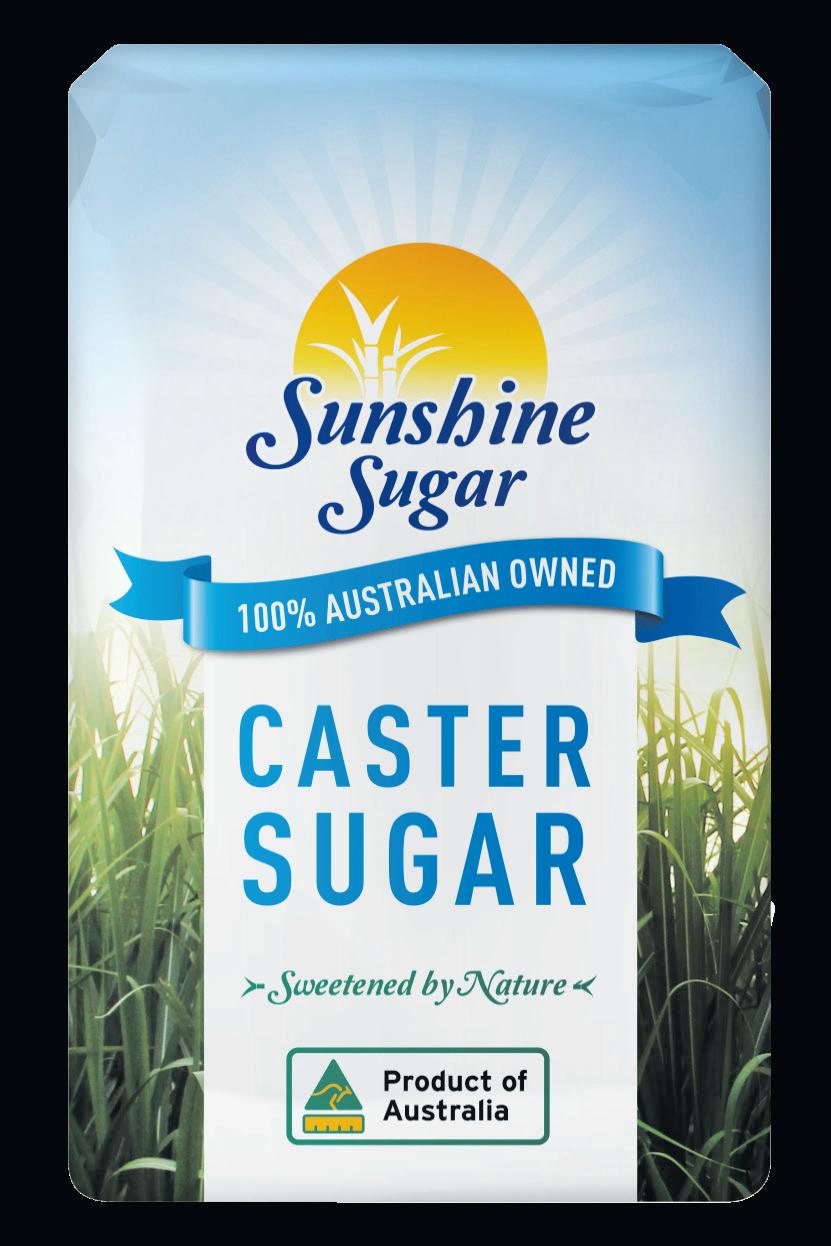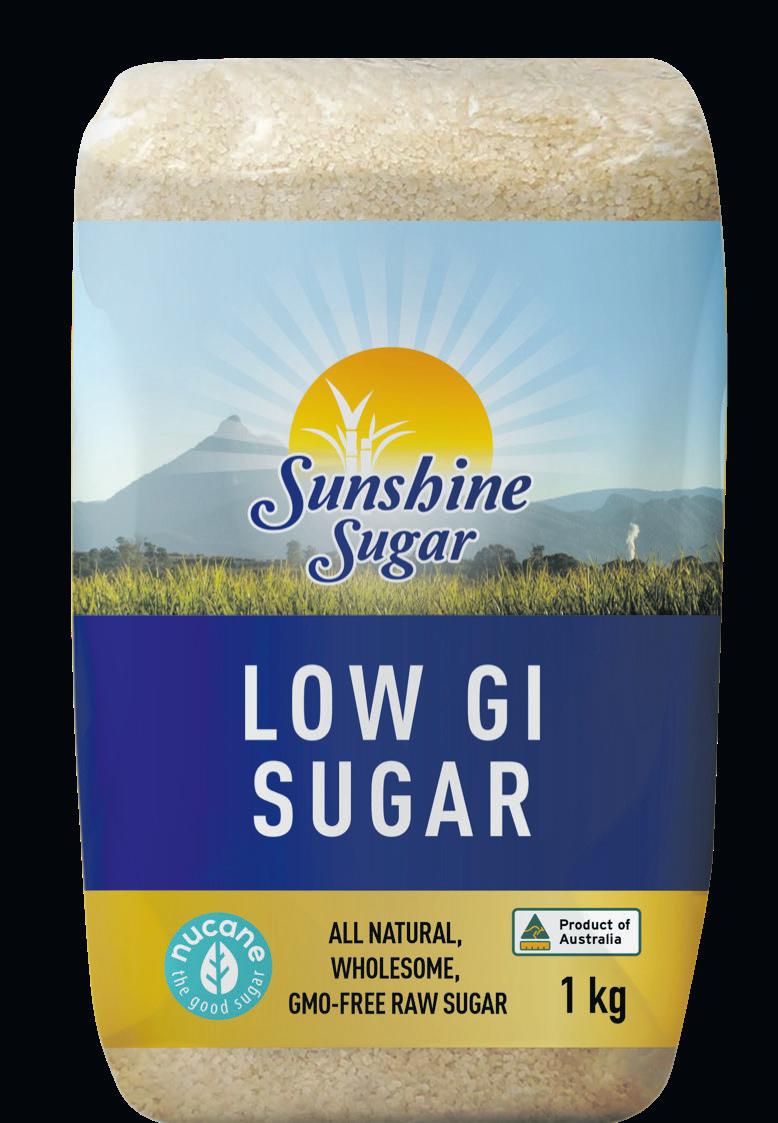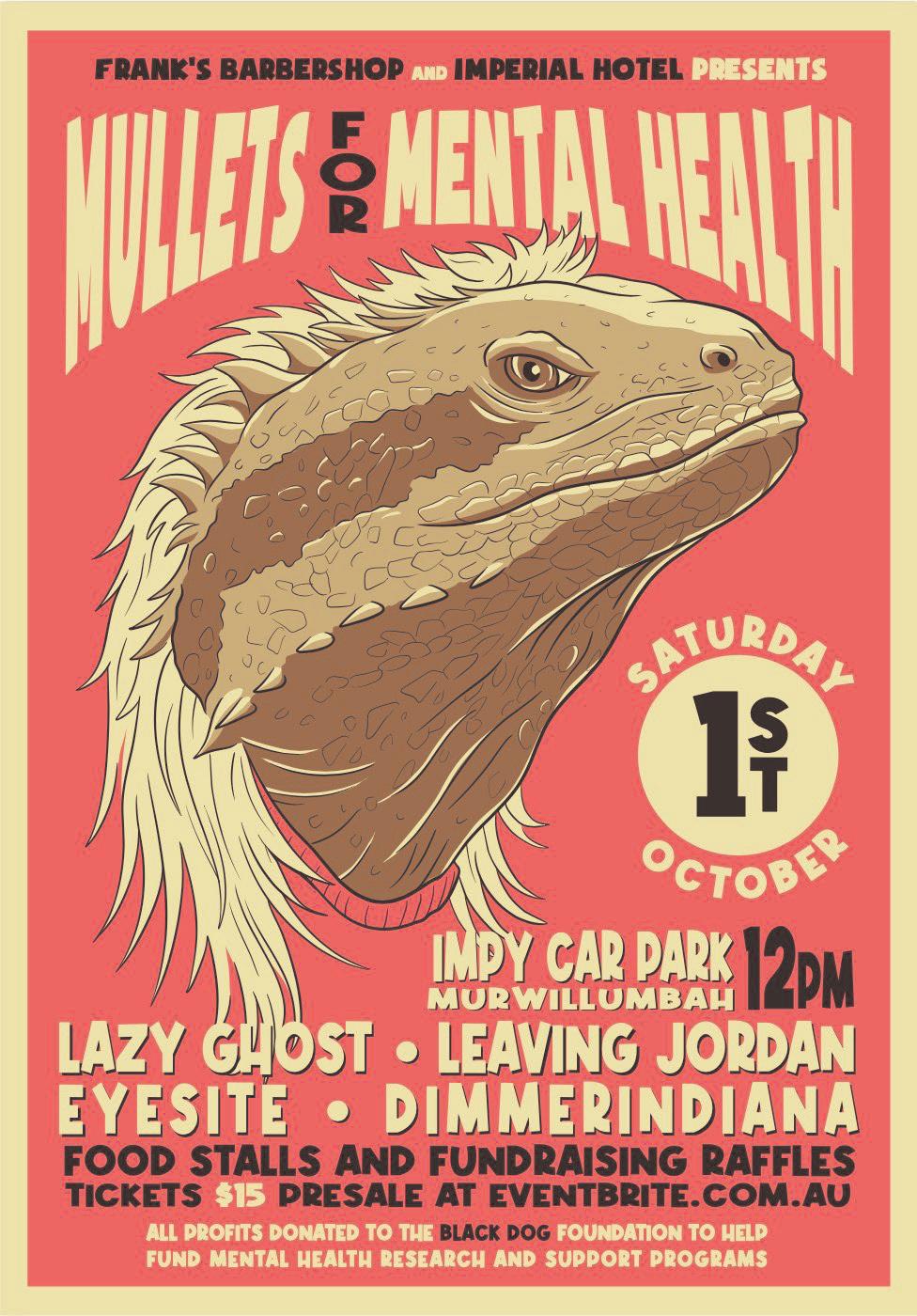
15 minute read
Thursday October, 5pm at the Clunes Hall, Clunes • Monday,
ONE FOR THE RECORD
By MARGARET DEKKER
When retired Tweed Coast counsellor Meredith Lewellyn holds the book she’s just written, tears of joy and disbelief well in her eyes.
Joy that she wrote it - “I am no writer” - but disbelief too that this surreal chapter in Australian history on which ‘Locked Out’ is based – of Queensland’s 2021 border closure – ever happened.
Between July 23, 2021 and January 15, 2022 the Queensland-NSW border was barricaded, stopping countless people from entering the state and poignantly, thousands of Queenslanders from going to their own homes while a pandemic played out.
While waiting, up to six months for some, these people – grey nomads, parents, children, solo travellers, interstate workers, and their pets, vehicles, and belongings – were holed up in makeshift arrangements largely in regional New South Wales, as a clogged Queensland Government entry process slowly reached their name and hopefully let them in.
There was no direct government support nor funding for these ‘refugees of their own country’ during this time as the bills, missed commitments and lost moments racked up back at home, amounting to thousands of dollars and tears.
It’s a remarkable story and one Meredith Llewellyn tells from her perspective as a Tweed resident, bornQueenslander, devout Christian, mother, and tireless campaigner for reportedly 16-thousand displaced people.
“When I look at the book I think ‘Yes, these stories had to be written. They had to be told, they couldn’t just dissipate and be lost. They had to be put in print and go into the annals of Australian history,” Meredith Llewellyn author, told The Northern Rivers Times.
“I felt the surge of outrage rise again as I grappled with what was happening. This was Australia in 2021, a civilised nation, a land of opportunity, a lucky country. What was happening to our country? Government decisions were forcing people into desperate situations. People were facing homelessness or were already without a safe place to stay and had lost their source of income. Any savings they had were fast disappearing. They still faced weeks of not being allowed home. There was no way. They were locked out.” Meredith Llewellyn writes in her new book, ‘Locked Out.’
The 122-page work charts the lived experiences of Queensland residents – new and returning - unable to get home, over weeks that grew into long months.
“I’m not aware of any other state or country in the world who locked their residents out from their homes,” Meredith Llewellyn author said.
From ‘Horse Lady,’ prevented from feeding her prized horses on the Gold Coast; snowworker Grant who arrived in Meredith’s driveway, destitute and broken after living in his car at a Tweed truck stop for 6-weeks “I held him as he shook and trembled” .. Wendy who’d had two showers in one month; Tez and Peter holed up in Tenterfeld; Leah’s mission to enter Queensland’s Hotel Quarantine program from nearby Tweed Shire via Sydney; and then the suicidal. To name a few.
“They had no place to stay other than building sheds, deserted warehouses, roadsides, truck stops and cars – places where there was no running water, no electricity, no bathroom.” Meredith Llewellyn explains in ‘Locked Out.’
She laments these “refugees’” only crime was not getting back to Queensland in time before the border closed; either because they didn’t get the message or couldn’t leave a dying relative or interstate work or were just physically unable to drive the distance in the given hours.
Meredith Llewellyn feels the Government line “We’re keeping Queenslanders safe” was unfair, even insulting, and was shocked at the degree of public support in Queensland for this justifcation at the time.
“It appeared that only Queenslanders who were in Queensland were the ones worth protecting or being kept ‘safe.’ Over and over, daily we heard it stated, “We are keeping Queenslanders safe.” There were over 16,000 Queenslanders not safe, but there was nothing that reassured them they were worth keeping safe,” she writes.
‘Locked Out’ is also Meredith Llewellyn’s story of how she and husband David rallied friends, family, her Presbyterian church community, locals, to raise tens of thousands of dollars privately to help keep these ‘Queensland Refugees’ afoat; rents paid back home, a food voucher here, a camping spot and hired caravan there, a warm meal and even warmer hug.
As Meredith relentlessly spoke out; on the airwaves, to Queensland’s press, to state and federal politicians including then-Prime Minister Scott Morrison, to opposition members,
Australia’s frst solar garden expands to the whole grid
Over 3 million homeowners currently enjoy the benefts of making their own electricity for free from rooftop solar. Today, access to Australia’s frst solar garden has expanded to allow more households locked out of solar to beneft from lower electricity bills and take action on climate change.
Initially launched for NSW residents, the Haystacks Solar Garden is expanding into Victoria, ACT, South Australia, Tasmania and south-east Queensland.
“From Brisbane, out to the Barossa and down to Burnie, anyone who pays for electricity can now harvest solar power as a solar gardener,” said Kristy Walters, Community Power Agency Director and Chair of the Haystacks Solar Garden Co-operative.
“After purchasing their plot, solar gardeners stand to receive estimated savings of $505 on their electricity bill each year for a decade, making a difference to household budgets at a time when cost of living expenses keep rising.”
“If you can install rooftop solar, that will always be the best option fnancially. If you can’t, either because you rent, live in an apartment or some other reason, buying a solar garden plot is the next best thing. It’s better in many ways because it’s hassle free - no maintenance or insurance costs to worry about, with the added bonus that a solar garden plot moves with you,” said Ms Walters.
Anyone eligible for an account with electricity retail partner EnergyLocals can now purchase a ‘plot’ in the solar garden and receive on-bill solar credits on every electricity bill. Once the solar farm is built, solar garden credits will continue to arrive on their bill for 10 years.
Sydney resident Leah Bloomfeld, who has bought a Haystacks Solar Garden plot, said “I live in a very tall terrace house. The quotes on installing panels on my inaccessible roof are way too expensive. The Haystacks Solar Garden is the perfect solution for me. Both my children rent and will be buying solar garden plots too.”
The project is pioneering a model that other countries, such as the U.S., have been enjoying for years, said Kim Mallee, Haystacks Solar Garden Project Manager.
“With the Albanese Government committing to fund 85 solar gardens around the country, the Haystacks Solar Garden is a national test case to prove that many more households can be given the chance to access solar,” said Ms Mallee.
The project will build a 1.5MW solar array across about 5 hectares at a farming property in Grong Grong, one hour west of Wagga Wagga and reduce emissions by 3,100 tonnes each year.
“The opportunity to be involved was one we couldn’t resist as our goal is to enable a faster transition to carbon-free local power, and the Haystacks project supports exactly that,” said Luke Melisi, Energy Locals Partnerships Manager.
The Haystacks Solar Garden project is proudly funded by the NSW Government under the Regional Community Energy Fund in association with Community Power Agency, Pingala, and Komo Energy, with support from other organisations.
Tweed author captures curious Covid-19 chapter in new book
‘Locked Out’ is available through authoracademybookstore.com.au - Proceeds from its sales go to charity.
even the state’s Human Rights Commissioner – in pursuit of having these people’s stories voiced, heard, and validated when all others had seemingly forgotten them as “they weren’t important enough.”
“And I had to write it for me too. There’s a disbelief still that goes with ‘what happened?’ and what did we all live through for 6-months; that this was Australia and we treated people like this. That we created a minority group, and the governments left them without support,” Meredith Llewellyn writes in ‘Locked Out.’
“I was left wondering what it was that was stopping the Queensland government from offering such logical solutions to allowing people to return to the safety of their own homes ...”
More broadly, Meredith also questions the notion of compassion, in that unprecedented time of Covid-19 in Australia.
“Is this what COVID and COVID decisions have done to us as Australians – made us forget what putting the boot on the other foot feels like? Blinded us to ‘what if that was me’ thinking and being able to see things from someone else’s position? Closed the compassion valve in our hearts? No longer does it feel that we are the land of the free, the land of possibilities, the lucky country.”
For all its regret, ‘Locked Out’ is also a celebration of the human spirit and the many acts of love and kindness performed in dire circumstances. And humour, as changing government decisions and directives unfolded over the weeks - Queensland’s Home Quarantine Trial, for one – testing the patience and resolve of many.
“My tolerance level has now exceeded my medication intake!!” ‘Robyn’ was quoted from the now fabled Facebook page, ‘Homeless Outside QLD due to border restrictions.’
This closed group, which grew to 5000 members at its height, is also part of the ‘Locked Out’ story as group members rallied, advised, supported, and ultimately saw each other home to Queensland.
The Northern Rivers region of New South Wales is also mentioned for its part in providing showgrounds, support, smiles and a desperately needed safe haven for so many then.
“ .. Ballina to Kyogle, a lot of these Northern Rivers communities, they housed and cared for these Queenslanders and there’s a lot of love that’s there for many of the Queenslanders who eventually went home.
“ .. The Murwillumbah wider community became aware of the situation they had on their doorstep and grocery deliveries, fruit boxes, fuel and grocery vouchers, pizza nights, sausage sizzles, donated monies for park fees, were often and many in the weeks that became months for those camped there,” Meredith Llewellyn writes in ‘Locked Out.’
Meg and Greg Fallon, the ‘care takers’ at Murwillumbah Showgrounds, received a special mention.
“They nursed those people who arrived in shambolic wretchedness, and they gathered the community around, and that community embraced and looked after those people for weeks, even months.”
Meredith Llewellyn also dedicates a chapter to forgiveness.
“If we don’t, they defne us forever.” .. As she looks to the greater purpose of the book, among the frst published in Australia on the Covid-19 experience (“that’s pretty amazing, isn’t it?”) less than 12-months after these extraordinary events unfolded.
“I hope it will acknowledge that there was so much harm done and lasting harm and hurt, and losses that they haven’t recovered from yet, fnancial loss, mental loss, emotional loss, the loss of time.
“Surely there must be some accountability for the loss of human rights in leaving people without access to the things that are basic to health, wellbeing and survival?” Meredith Llewellyn writes in ‘Locked Out.’ .. Before this true ‘freedom-fghter’ (who some are now tipping for a Medal of the Order of Australia) is asked a simple question, ‘Are you glad you wrote Locked Out?’
“Some people might think the book is a bat that I’m going to beat up bureaucrats with, that’s not why I wrote the book, I wrote it because people need to be validated for what they went through, they need a chance to have their voice heard and they need to see it was real what happened and they need to know that somebody understood and that they did matter,” Meredith Lewellyn author told The Northern Rivers Times.
“Even as I read it now as a hard copy, there are still moments in there where I pause and the tears fow,” she smiled quietly. Responses to the book, ‘Locked Out’
“I had started to read the book but have put it aside. I think I need to mentally ready myself. Our journey was painful, but others were much worse. Congratulations on the book, these stories needed to be told.
“I will never forgive this QLD gov, but I am going to focus on and be inspired by you and all those wonderful people who stepped up and supported each other. If it wasn’t for the FB page and your constant words of support, your radio interviews and now your book! It would have been a lot harder. We were locked out for 4.5 months and it would have been a very lonely experience without you all.
“I’m a border resident and this has etched in my mind forever ...
“Not a week goes past where we don’t mention quarantine and the rubbish and cost, we endured. Thank you for writing, Meredith Llewelyn,” members of the ‘Homeless outside of QLD’ Facebook page wrote.
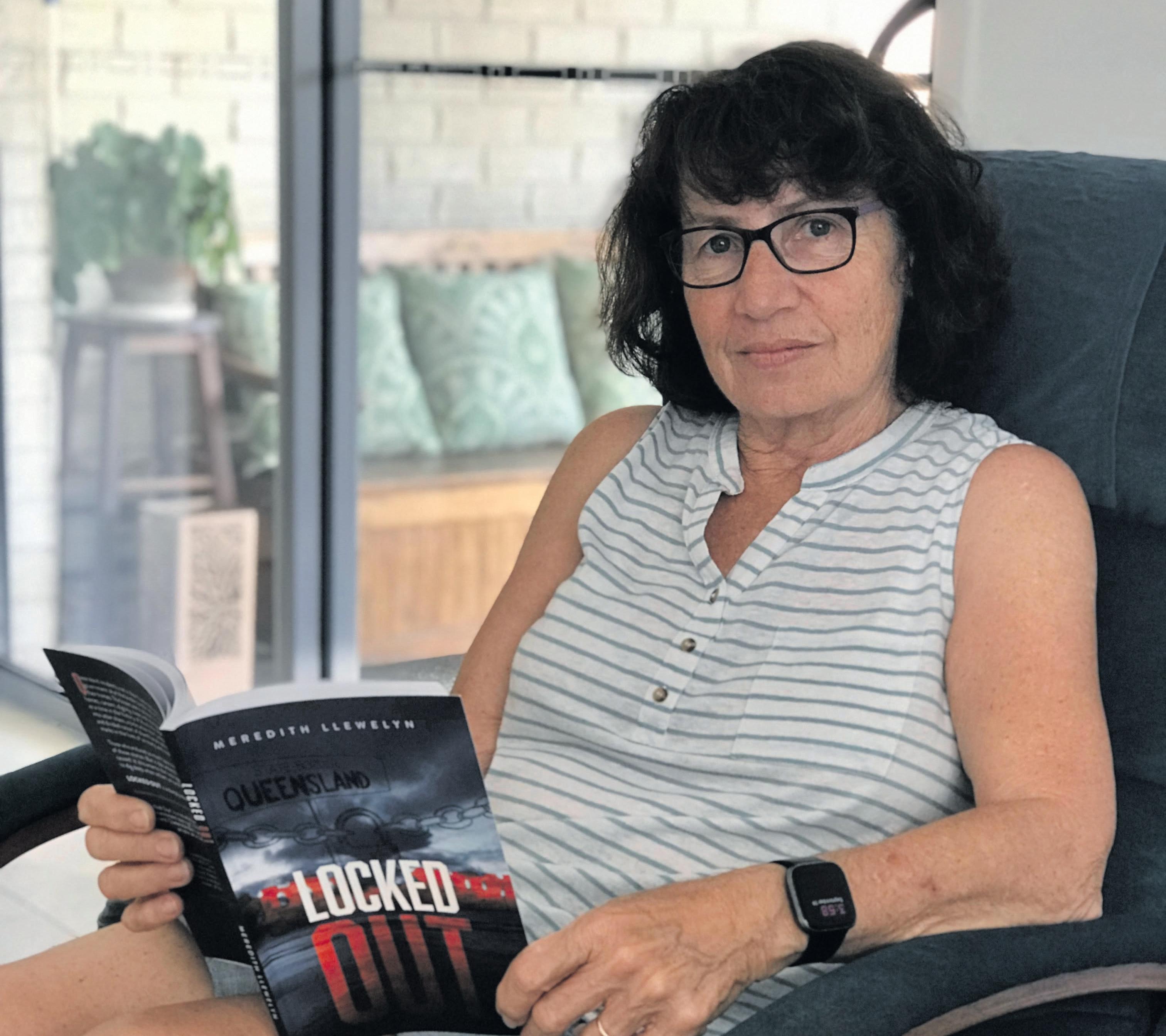
Author Meredith Llewellyn, at home with her new book ‘Locked Out’
Tweed Hinterland hammered as fooding rains return to the Northern Rivers
By MARGARET DEKKER
It had all the haunting hallmarks of the last devastating rainy season as the heavens opened again last Thursday – the offcial day of mourning for the late Queen Elizabeth II – causing fash fooding in many parts of the region, and very heavy falls in the Tweed hinterland.
The 2-day weather event also indicates a forecast third consecutive La Niña event is offcially and worryingly underway.
Early Friday morning (2:32am) SES NSW texted an Intense Rainfall Alert for people in low-lying areas of the Tweed Shire as the intense weather system moved east, warning of fash fooding and rapid river rises, eventually impacting low lying areas.
Couchy Creek in the border zone northwest of Murwillumbah recorded 290mm of rain - or 11.5 inches on the old scale - Chillingham 240mm, Numinbah 186mm, and Murwillumbah 91mm.
Other big totals in the 24-hours to 9am last Friday, September 23 included Wooli 177mm, Alstonville 130mm, The Channon 120mm, Mullumbimby 118mm, Grafton 80mm, Cape Byron 76mm and Lismore 54mm prompting a reported evacuation of one Lismore caravan park.
High on the Dorrigo Plateau, Meldrum copped 240mm of rain, or 9.5 inches.
The Bureau of Meteorology issued a number of Major to Minor Flood Warnings for the Tweed, Wilsons, Clarence, Bellinger, Macleay, Orara, Severn and Upper Macintyre Rivers into the weekend.
SES NSW had predeployed additional personnel and mobilised extra resources including aviation assets and high clearance vehicles. The Service urges travelmakers to monitor road conditions and upon approach to food affected roads, “make the safe decision, turn around and fnd an alternate route.”
“Every food is different. Impacts from recent foods mean conditions and environments may have changed. Future foods may be different than expected or experienced,” SES NSW warned in a statement.
Swollen Tweed River claims swimmer’s life
Emergency crews were called to Barneys Point Bridge at Chinderah last Thursday, September 22, after receiving reports a swimmer was in trouble in food waters.
The male swimmer, believed to be in his twenties, went missing around 1:15pm in the swollen Tweed River prompting a wide-scale search.
Police offcers from Tweed-Byron Police District and Marine Area Command, Surf Life Saving Australia, NSW Ambulance, the Westpac Rescue Helicopter Service, Queensland Marine Area Command and Marine Rescue NSW volunteers attended before a body was located around 7pm believed to be that of the missing swimmer.
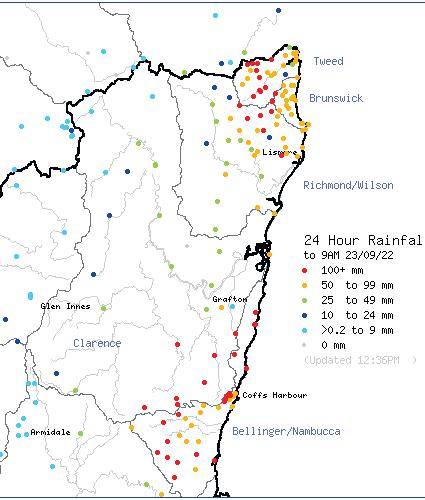
Cedardale Park Pet Pet Crematorium Crematorium


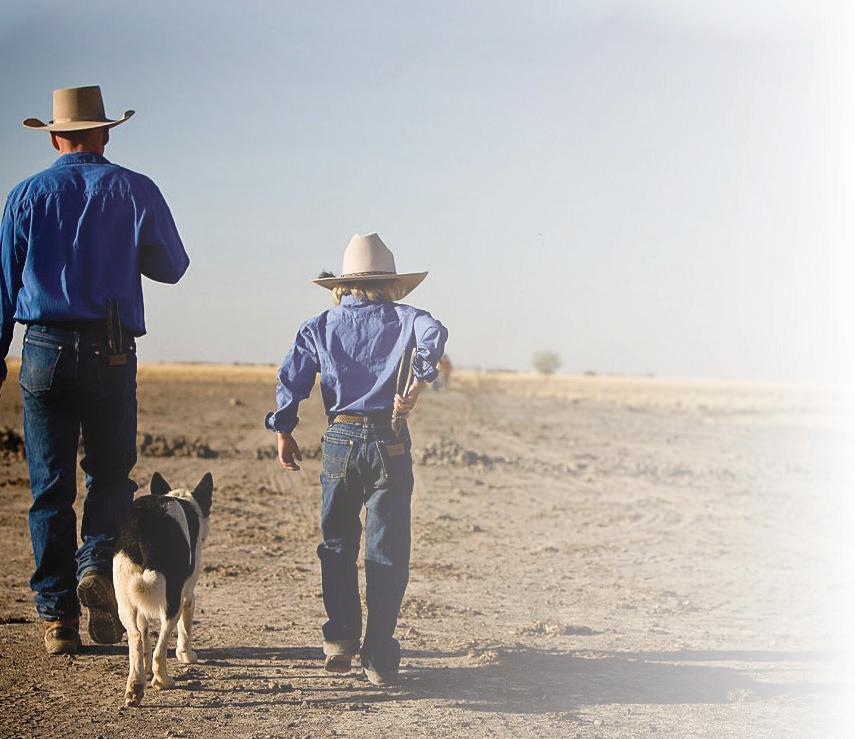
Personalised, Individual Pet Cremations
Please feel free to phone Andrew Pittaway at Cedardale Park on 02 6688 8304 www.cedardalepetcremation.com.au
More than you imagine
Visit your local Book Warehouse store today!
Serial rubbish dumper leaves a trail and costs ratepayers
In a brazen display of unlawful behaviour, more than separate 20 loads of paling fence panels have been discarded by a serial dumper over the last few months near the Stotts Creek Resource Recovery Centre.
The serial dumper is believed to be a professional fencing contractor, with neat piles of 8 to 10 panels per load left on cane pads, alongside roads and in cane felds on Bartletts Road and Leddays Creek Road, Stotts Creek.
Council’s Resource Recovery Unit coordinator Rod Dawson said the cost to Council to clean up the mess was enormous.
“Not only is it risking environmental harm, it’s also costing ratepayers money as it has to be cleaned up each time,” Mr Dawson said.
“It’s also causing concern to local cane farmers who keep fnding more rubbish on their properties, and it just adds to the stress of cleaning up after the foods.
“The dumper has made the effort to get it all the way out to Stotts Creek only to dump the load within 500 metres of the front gate to the Stotts Creek Resource Recovery Centre. This illegal dumping leads to other people dumping in and around the piles, contributing to additional clean-up and cost,” he said.
As part of making sure the Tweed is safe and to protect our quality of life, Council’s rangers have been targeting illegal dumping and have increased surveillance of dumping hotspots, using clever new technology to catch those breaking the law. If caught, fnes of $4,000 can be issued on the spot, with maximum penalties up to $250,000 for individuals and $1 million for corporations.
Council is encouraging residents to dispose of unwanted items responsibly by taking them to the Stotts Creek Resource Recovery Centre where many items are accepted for free. Alternatively, Tweed residents with a red bin service can book up to 2 free kerbside clean ups of up to 2 metres per year.
Report illegal dumping online at ridonline. epa.nsw.gov.au, by phoning 131 555 or by contacting Council on 02 6670 2400 during or after hours.
For more information about illegal dumping visit tweed.nsw.gov.au/ illegal-dumping-littering or fnd out what you can take to the Resource Recovery Centre at tweed.nsw.gov.au/ tip-resource-recovery
Locally owned and operating for over 100 years! Good old-fashioned customer service
AKUBRA R.M WILLIAMS DR MARTENS SKECHERS BIRKENSTOCKS INDUSTRIE LEVIS CROCS
